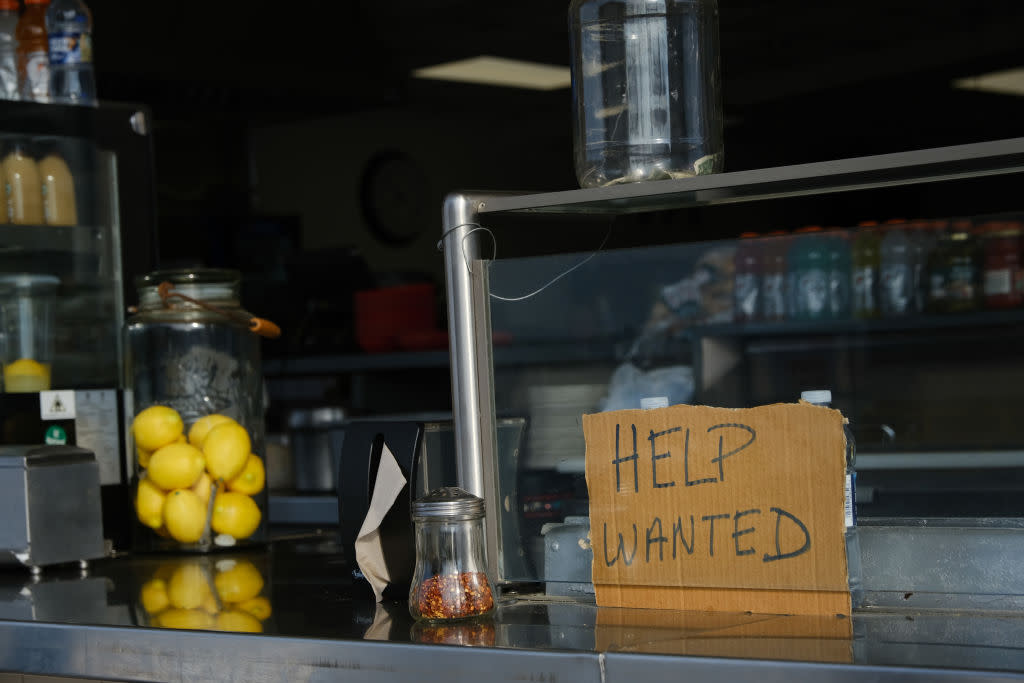Quick Links

Governor Murphy, lawmakers criticized for killing vote on bill to offset business tax hikes

Not among the flurry of bills passed during the Legislature’s last scheduled day of voting before a summer recess was a measure that would have offset impending unemployment insurance tax hikes, and the bill’s lack of movement has business leaders angry and one state senator pointing fingers at the governor.
The bill would have provided tax credits to some employers to make up for what business owners say is a $300 million tax hike coming Friday. The tax hike is intended to replenish the state’s unemployment fund, which pays for jobless claims and was left depleted after claims skyrocketed during the pandemic. But the measure was pulled on Wednesday from the Senate’s agenda.
The move led to sharp criticism from business groups. Christina M. Renna, president & CEO of the Chamber of Commerce Southern New Jersey, said in a statement the Senate’s failure to act will lead to “unfair tax increases on businesses that state government had the power to stop, but instead chose to turn a blind eye to.”
“The continued plight of small businesses, especially those that are women and minority-owned, remains very real. It is well-known that the state is flush with cash due to federal recovery money,” Renna said.
The bill’s sponsor, Sen. Fred Madden (D-Gloucester), said he received a call from George Helmy, Gov. Phil Murphy’s chief of staff, during Wednesday’s voting session and agreed to pull the bill over the administration’s concerns, which he said were not detailed on the call.
“I didn’t know there was any real concerns until the 11th hour. I wish they had come to light a little bit sooner,” Madden said. “It is what it is. I’ll deal with it.”
Because unemployment tax rates automatically adjust based on the health of the unemployment insurance fund, tax rates increased as its balance decreased. Instead of hitting New Jersey businesses with nearly $1 billion in levy increases at once, Gov. Phil Murphy last year signed a bill phasing the tax hikes in over three years. The second of the two is set to take effect July 1.
At a Thursday press conference where Murphy signed the state’s annual spending bill and other related measures, the governor deferred questions about the last-minute change in the bill’s trajectory to lawmakers in the upper chamber.
“I’ve always been open-minded, but I also want to make sure we get the biggest bang for our buck,” Murphy said. “Beyond that, that’s a question you should ask the Senate.”
Chris Emigholz, vice president of government affairs for the New Jersey Business and Industry Association, echoed Madden’s version of events.
“Our understanding is that the governor’s office asked the Senate not to post the bill. The Senate was planning to, and then I heard the governor’s office exerted more pressure to not post the bill,” he said. “I have no idea what that pressure is. I have no idea who’s asking who, but that’s what we’ve heard, that the governor’s office didn’t want this to get to their desk.”
Optimism ahead
Despite the abrupt change in direction, Madden, who chairs the Senate’s labor committee, said he is hopeful the Legislature might take up the issue again when lawmakers return to Trenton in the fall (legislators may convene over the summer, but nothing is scheduled yet).
“We’re clearly in a position to be able to work together. That’s where the optimism is,” said Madden, who added he had a “good conversation” with Helmy.
It’s unclear what form any future relief might take. Business groups and some lawmakers have previously called on the state to use federal funds to shore up the unemployment fund, though those calls have so far met with silence.
New Jersey has roughly $1.3 billion in federal aid disbursed to it under the American Rescue Plan it could allocate for the purpose, and it may be able to use some of the nearly $3 billion in a fund intended to manage the state’s debt.
Both of those tracts would require a request from the Murphy administration and approval from the Joint Budget Oversight Committee and would likely be far costlier than Madden’s bill, which was expected to offset tax collections by less than $200 million.
Emigholz noted other states have used federal funds to offset unemployment tax hikes. He warned that businesses beleaguered by New Jersey’s high corporate, property, and income tax rates might consider laying off workers or moving elsewhere.
The bill has critics among progressives, who say businesses received generous federal and state aid to help them during pandemic-related business closures. Any money spent to offset unemployment tax hikes would be better spent helping people who suffered more during the pandemic, they say.
Assembly Speaker Craig Coughlin (D-Middlesex), whose chamber unanimously passed a version of the bill earlier this month, was bullish on the chances of lawmakers reaching an agreement down the line. Assemblyman Roy Freiman (D-Somerset) is the bill’s prime sponsor in the Assembly.
“We’ll continue to work with the Senate, as we do on all the bills,” he said Wednesday. “Assemblyman Freiman’s bill was a good bill, important to help the 70% of small businesses who would have benefitted from that, and we’ll look forward to working with them to see if we can get things accomplished.”
Sophie Nieto-Muñoz contributed to this story.












